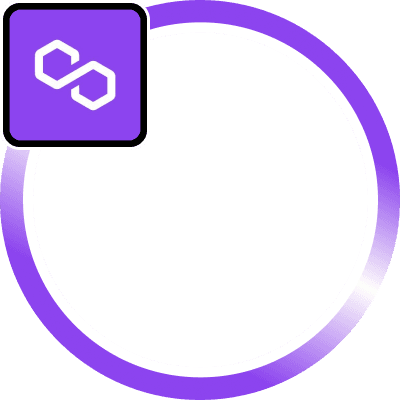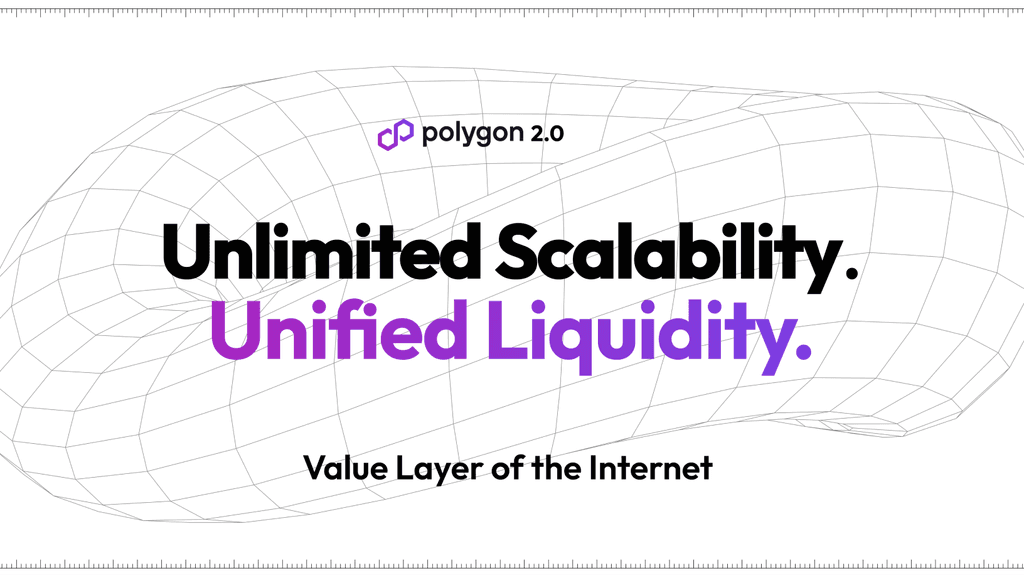Introduction
Polygon, initially known as Matic Network, is an innovative blockchain scalability platform that underwent a rebranding process in 2021. Recognized as a “layer two” or “sidechain” scaling solution, Polygon functions as a high-speed parallel blockchain to the main Ethereum blockchain. Its primary objective is to overcome the limitations associated with Ethereum, especially the prohibitive transaction fees (also known as “gas”) that can often render small or frequent investments economically unfeasible. The native cryptocurrency of the Polygon network is MATIC, which serves multiple purposes, including transaction fee payment, staking, and governance. Polygon is built on the










